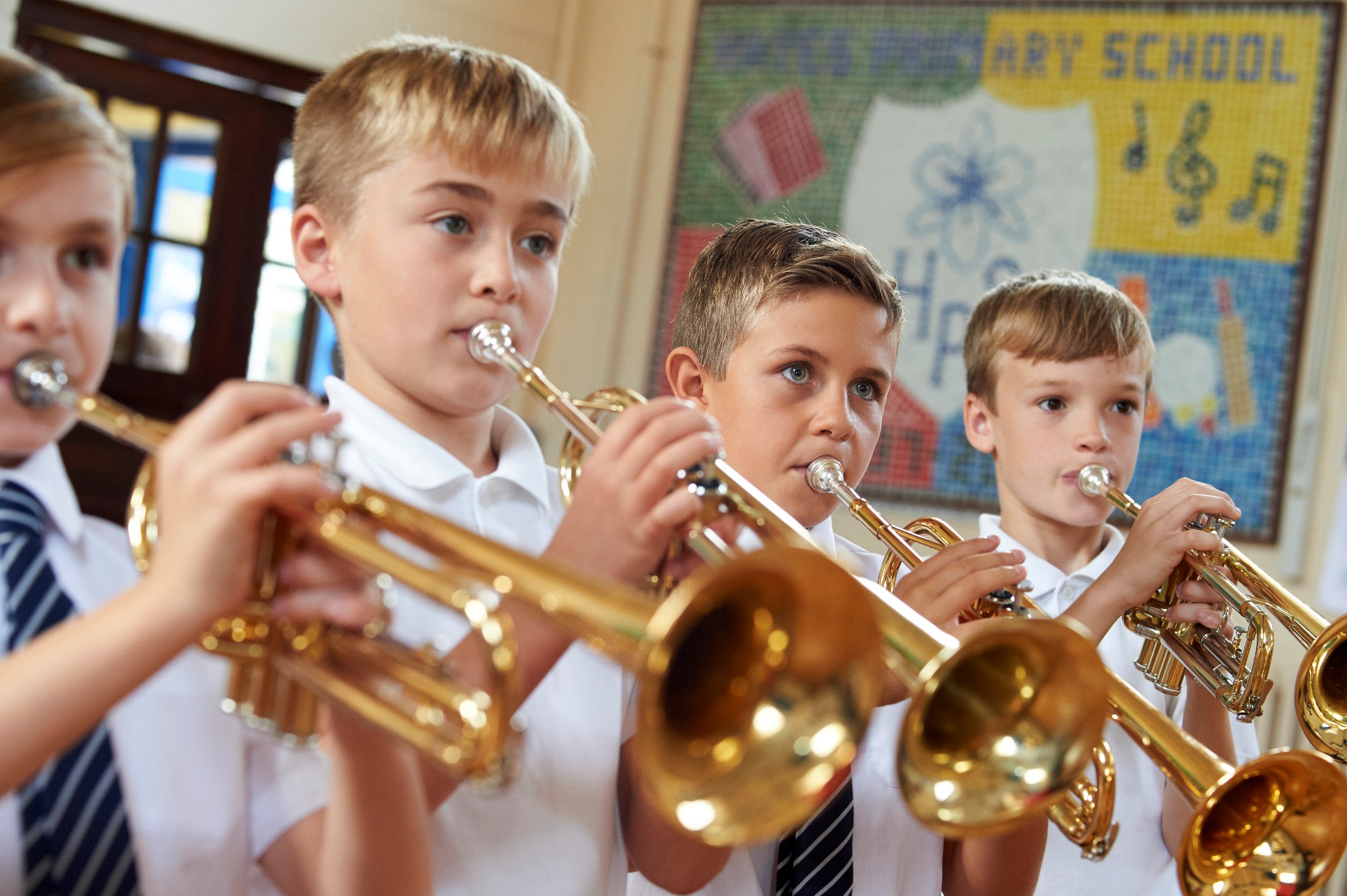Social, Emotional and Mental Health
Children with social, emotional and/or mental health difficulties include those who may be withdrawn or isolated, hyperactive and lack concentration; those with immature social skills and those presenting other difficulties arising other complex needs.
Some children may have emotional needs and/or social problems that interfere with their own ability to learn effectively. In some instances, the difficulties they experience may cause disruption to the learning of other children or young people.
Social difficulties, in this context, occur when students have difficulties managing interactions with others in school effectively and appropriately. They may have difficulty making the necessary adjustments to conform to the expectations of others in a variety of settings. Either difficulty may impact substantially on the child’s ability to learn.
Some of the aspects of difficulty included in this area are:
Attention deficit hyperactivity disorder (ADHD)
Attention Deficit Hyperactivity Disorder is a complex condition can seriously affect a child’s concentration, behaviour and learning. A child with ADHD will often feel easily bored, may be distracted by unimportant sounds and sights, be impulsive and find it hard to sit still. This impacts on their learning as they can find it very hard to concentrate for the periods of time needed to complete tasks. Consequently, the work that they produce may not necessarily reflect their true ability.
Further information can be found at: www.addiss.co.uk
Adjustment Disorders
A child suffering from an Adjustment Disorder may have witnessed a stressful event or had a big change in their normal lifestyle. This could then have an adverse reaction on their emotional health and/or behaviour.
Anxiety Disorders
A child suffering from an Anxiety Disorder may be prone to frequent panic attacks. Here the child may complain of physical symptoms such as headaches or stomach aches. The child may also display inappropriate emotional responses, such as outbursts of laughter or crying out of context
Obsessive-Compulsive Disorder ('OCD')
A child suffering from EBD may also have an Obsessive Compulsive Disorder (OCD). Here the child can display recurrent and persistent obsessions or compulsions. Behaviours may include repetitive hand washing, praying, counting, and repeating words silently.






